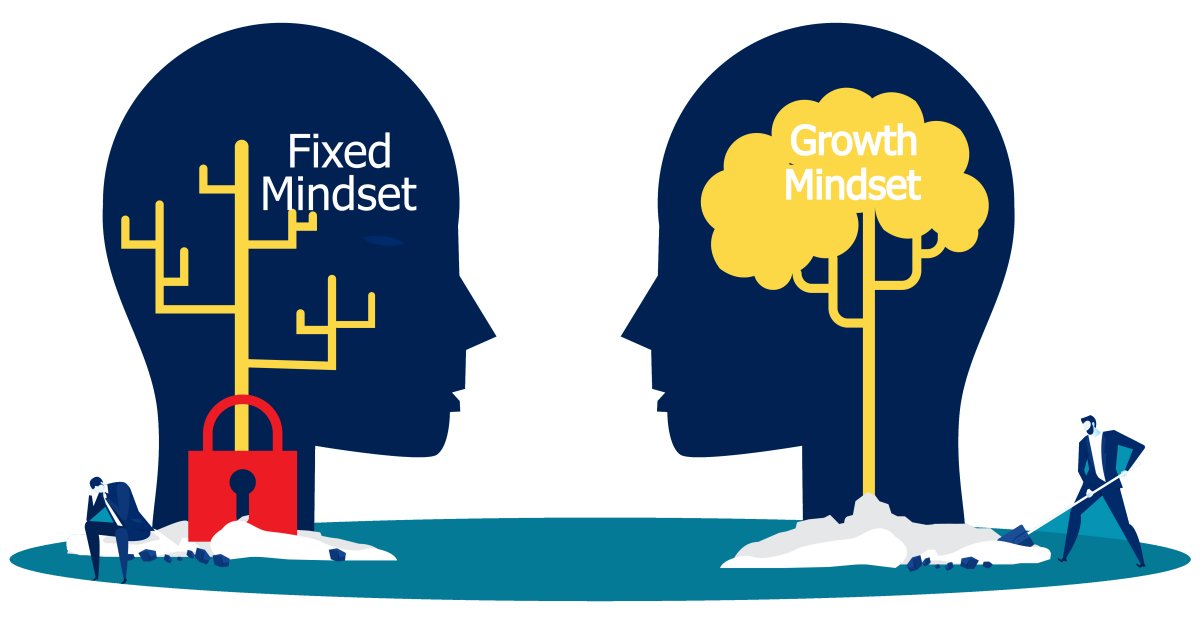
I have long had concerns about the “Growth Mindset” movement. I have a sense that it’s well-intentioned and kindred in some ways, but that it is in danger of becoming yet another fad – another protocol that ends up deemphasizing first-person learning because of how it pushes what to believe.
About a week ago I came across a LinkedIn post about a “Teacher Growth Mindset series”. It was about teaching teachers to recognize the differences between a fixed and a growth mindset. Taken from the post, this paragraph about people with a “fixed” mindset really struck me:
“They will do their best to avoid those more successful than them or even “take them down” with gossip or diminishing comments. Why? Because they believe their own intelligence is threatened by comparing themselves.”|
It bothered me as it misattributes the behaviors it describes. I responded to that paragraph in the post:
They are always learning to avoid the FEELING of shame that gets triggered by situations that remind them of their (learned) belief that they are not good enough. https://bit.ly/3rb2FKS Beliefs are always learning disabling. Beliefs that can trigger shame are even more so.
And (this is the main point of this post) I went on to say:
I agree with much of your domain’s work, but find your term for it oxymoronic. I would describe what you are advocating (a growth mindset) as a “learning orientation”.
Growth is a way of describing learning that underemphasizes subjective participation. Mindset is “set” which is fixed and the last thing you mean.
Webster’s Dictionary: mindset
/ˈmīn(d)set/
the established set of attitudes held by someone.
“the region seems stuck in a medieval mindset”
We are both advocating for becoming more 1st person learning-oriented participants.
https://bit.ly/3uljtjY
In a future post, I hope to discuss stewarding 1st person learning towards becoming more “subjectively learning-oriented“. For now, I want to focus on my push back on using the word “growth” where we really mean “learning”:
Growth is a way of describing learning that underemphasizes agency and subjective participation.
The word growth obscures the role of learning and the agency of the learner in learning. A person doesn’t have much agency in how the hair on their head grows. Minds don’t grow, they are learned and always learning.
Growth is always another word for learning, but all the more so when having to do with the mind.

[…] Having a fixed mindset can hold you back while embracing a growth mindset will lead to greater success and happiness. Image Source […]
[…] Growth Mindset. Really? […]
[…] Growth Mindset. Really? […]
[…] Growth mindset? Growth is another word for learning that misattributes the effects of our learning to structural maturational causes. When is not “critical thinking and problem-solving”, in their central dynamics, learning? “Build comfort with ambiguity”? We are not describing a mechanical assembly but rather a living presence extending (learning) process. “Foster emotional intelligence and coping mechanism”? “Foster emotional intelligence” implies an outside-in agency affecting emotional intelligence. How can emotional intelligence change except through inside-out learning? Mechanism? How can the difference in the dimensional extent of human resilience not be a difference in learning? […]
[…] revisit our agreements and your agreements to keep them in mind. Explain why you just used “mindsets“. If you see the issue, what can I do to get you to keep our agreements in […]
[…] Embracing a growth mindset: Recognizing that we are constantly learning and evolving empowers us to take ownership of our personal development. It allows us to see challenges as opportunities for growth and to approach life with a sense of curiosity and openness to new experiences. […]